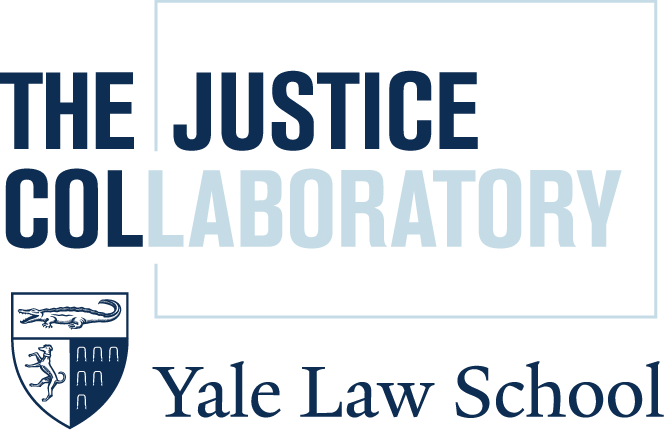Legitimacy-Based Policing and the Promotion of Community Vitality
If insanity is defined by doing the same thing repeatedly and expecting different results, it is apt to call the nation’s current approach to policing insane. After each high-profile incident of police violence, the same question is asked by the public, policymakers law enforcement leaders alike: how can we change police culture?
Inevitably, despite the existence of strong evidence that answers that question, the nation falls back into the same paradigm that fuels mistrust, suppresses cooperation, and escalates violence between police and the community they serve.
Every police leader should be seeking to change this paradigm.
A new book by Justice Collaboratory Co-Founder Tom Tyler and Executive Director Caroline Nobo offers a comprehensive guide to building police trust, addressing crime control concerns, and promoting community vitality through an alternative model—legitimacy-based policing.
Part of Cambridge Publishing’s Elements in Criminology series, Legitimacy-Based Policing and the Promotion of Community Vitality can be downloaded for free.
Driven by social psychology theory, legitimacy is proven to be strongly tied to the level of fairness exercised by police authority, also known as procedural justice.
Studies show that this framework is as effective in lowering crime as the traditional carceral paradigm, an approach that relies on the threat or use of force to motivate compliance. It is also more effective in motivating willing cooperation and in encouraging people to engage in their communities in ways that promote social, economic, and political development.
Importantly, this book demonstrates that adopting this model benefits police departments and police officers while promoting community vitality.
To truly change police cultures, police leaders will need to try a new approach to building legitimacy, supporting community vitality and controlling crime through procedural justice.

